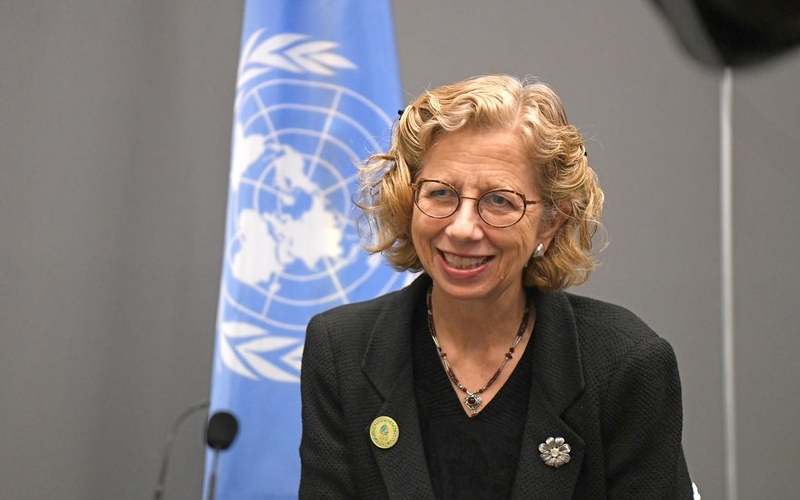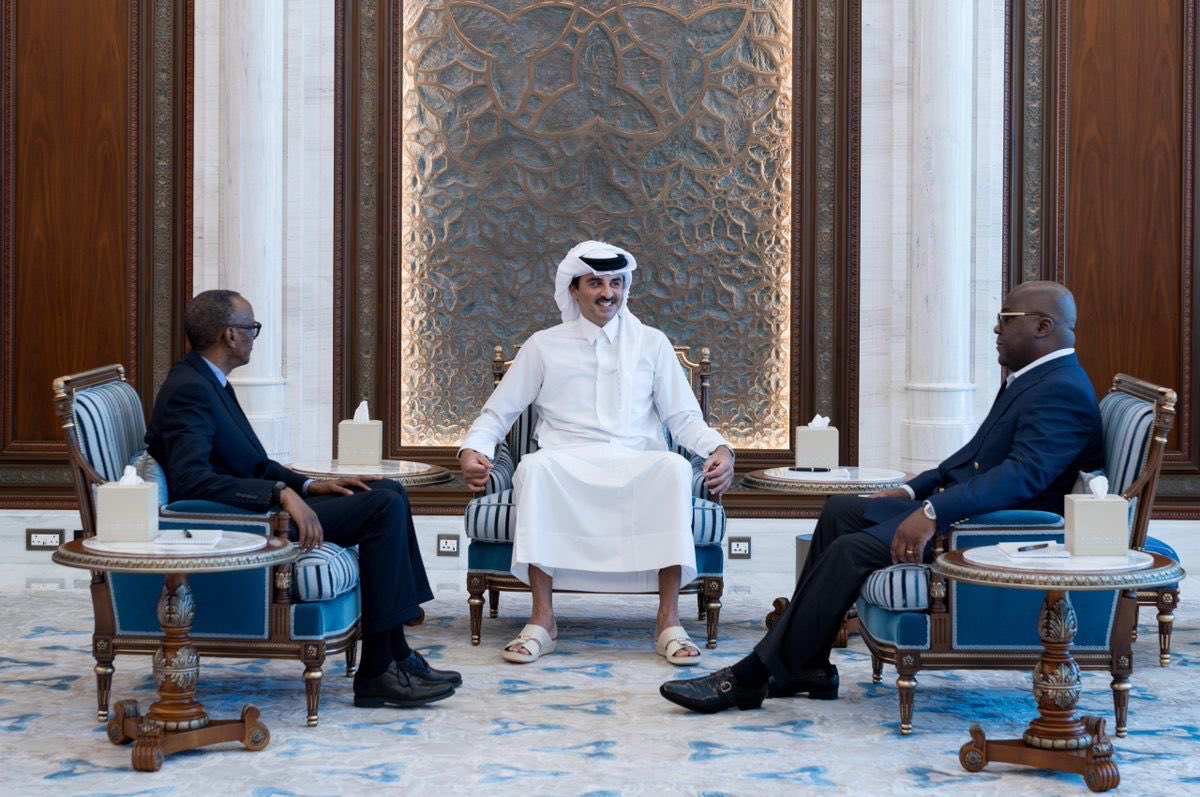UN warns of missed climate targets ahead of COP30 Summit in Brazil

The world is "very likely" to surpass the 1.5°C threshold within the next decade, a point scientists say could trigger irreversible damage to the planet.
The world is heading toward dangerous levels of global warming, with current policies putting it far off track from the 1.5°C target set under the Paris Agreement, the United Nations (UN) has warned.
According to the UN Environment Programme's latest Emissions Gap Report, released on Tuesday, global temperatures are now projected to rise to between 2.5°C and 2.8°C by the end of this century even if countries meet all their existing climate pledges.
More To Read
- Experts at COP30 launch Sh39 billion plan to shield hospitals from climate threats
- COP30: Leaders endorse pledge to quadruple clean fuel use by 2035
- What’s at stake in the COP30 negotiations?
- Tana River County champions people-centred climate solutions at COP30
- Major global emitters off track, no country strong enough to meet climate targets - report
- African activists rally and challenge COP30 agenda
The report adds that the world is "very likely" to surpass the 1.5°C threshold within the next decade, a point scientists say could trigger irreversible damage to the planet.
"Nations have had three attempts to deliver promises made under the Paris Agreement, and each time they have landed off target," said UNEP Executive Director Inger Andersen.
"While national climate plans have delivered some progress, it is nowhere near fast enough, which is why we still need unprecedented emissions cuts in an increasingly tight window, with an increasingly challenging geopolitical backdrop."
Further, the report shows that global emissions went up by 2.3 per cent in 2024, driven mainly by India, China, Russia and Indonesia. Findings also show that the G20 nations, which include the world's biggest economies, are responsible for about three-quarters of total emissions.
The report also highlighted concerns over the United States' decision to roll back climate policies. UNEP estimates that actions taken under President Donald Trump could add about 0.1°C to global temperatures, forcing other countries to make deeper cuts to stay within safe limits.
"Every tenth of a degree has ramifications on communities, on ecosystems around the world," Adelle Thomas, vice chair of a separate UN scientific panel that calculates climate impacts, told AP News.
The UN warning comes as Brazil prepares to host the COP30 climate summit from November 10 to 21, which aims to push countries to strengthen their national plans to cut emissions.
Speaking following the release of the report, Brazilian President Luiz Inácio Lula da Silva said the meeting in Belem must be a "COP of Truth" that delivers real results.
He noted that repeated failures to meet past commitments, from the Kyoto Protocol to climate finance pledges, had eroded global confidence, while urging world leaders to focus on fulfilling existing promises rather than making new ones.
"We don't want the COP to continue to be an exposition or a fair for ideological climate products, with everyone seeing what they want, how they want it, and no one being obliged to do anything and make things happen," Lula said, according to Reuters.
"We want it to be very serious, and for the things we decide to be implemented."
Top Stories Today












































